Brazil about to move forward with pig welfare law
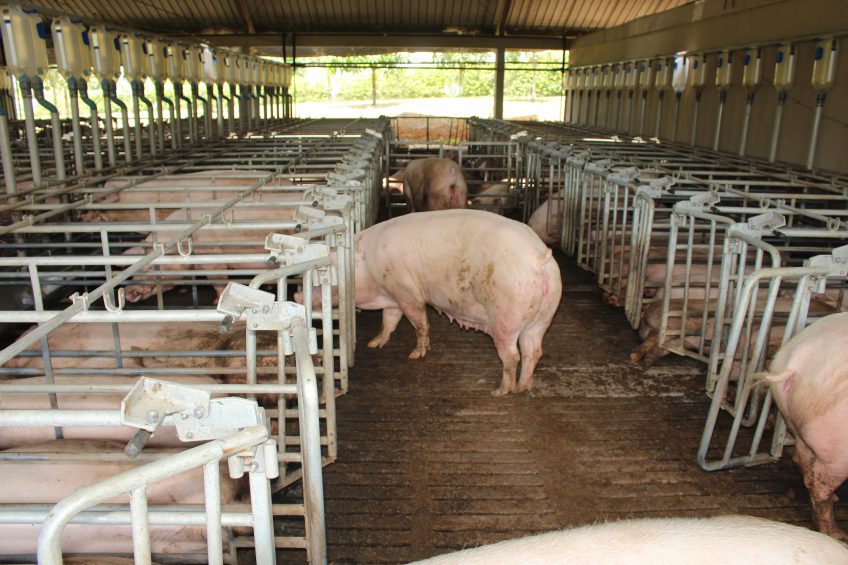
The Brazilian government has launched an initiative that should lead to the obligation of group housing for gestating sows as well as several other improvements in pig welfare.
To that end, the Brazilian Ministry of Agriculture, Livestock and Supply initiated a so-called ‘public consultation’, this July. Producers, consumers, as well as NGOs and the Brazilian Agricultural Research Corporation (Embrapa) have all been invited to share their views on pig welfare, which is possible until October. The views of the World Organization for Animal Health (OIE) will also be taken into account in this respect.
Minimum standard welfare requirements
The outcomes of the public consultation will eventually all be taken into account in new legislation which will stipulate minimum standard welfare requirements, on issues like e.g. group housing, castration or tail docking.
It is the next step in an ongoing trend to introduce more animal welfare in Brazil. Since about 2000, the country has adopted humane slaughter regulations. The country’s 4 largest pig producing companies, representing over 60% of the Brazilian herd, have already publicly committed to phase out sow crates by 2026. Various more progressive farms have also made the switch.
Matching other exporters’ pig welfare standards
Improving the welfare issue appears to be unstoppable trend as Brazil would like to match other exporters’ standards, like e.g. Europe or the United States. Nevertheless, the main importers of Brazilian pork don’t make any high welfare specifications, think of e.g. China, Russia, Hong Kong and other countries in Latin America.
Liziè Buss, chief of the ministry’s Welfare Division, summed up the essence of the upcoming changes, “Our proposal covers definitions of production systems, structures, management care, indicators for assessing welfare and farm productivity; mitigation of painful procedures such as ear tagging, castration, teeth clipping; euthanasia procedures; inclusion of enrichment for animals to reduce fights and stress.”

Find out more about pigs in Brazil – and elsewhere in the world in our World of Pigs tool
Each pig topic has a different deadline
Ms Buss said, “For each situation, there is a deadline for the producers’ suitability. We are not copying European legislation, but making our own rules facing the reality in Brazil.”
For instance, with regard to group housing as well as piglet weaning, the idea is to arrange a deadline in 20 years from now for all pig producers in Brazil. With regard to mitigation of surgical castration without pain control, the term would be 2 years.
 Beheer
Beheer

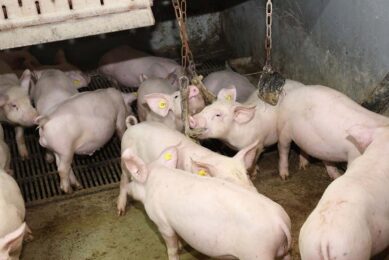
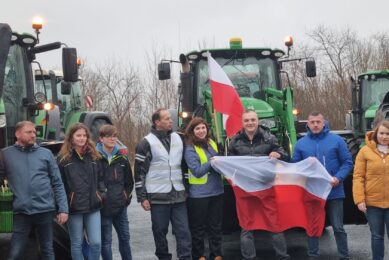
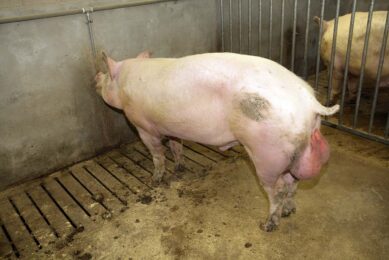
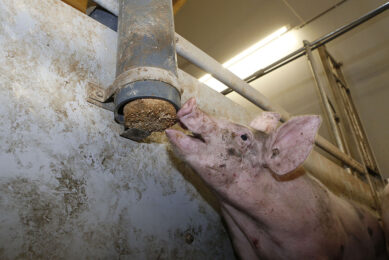



 WP Admin
WP Admin  Bewerk bericht
Bewerk bericht